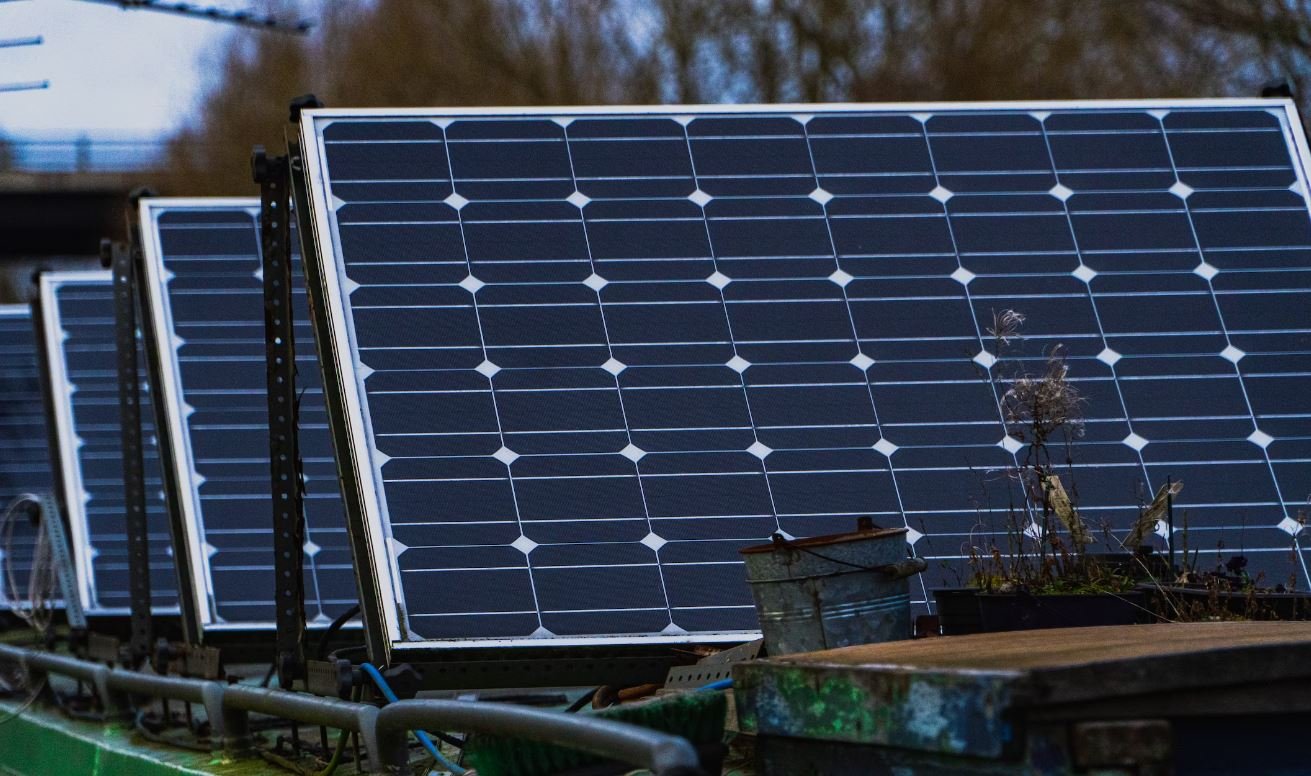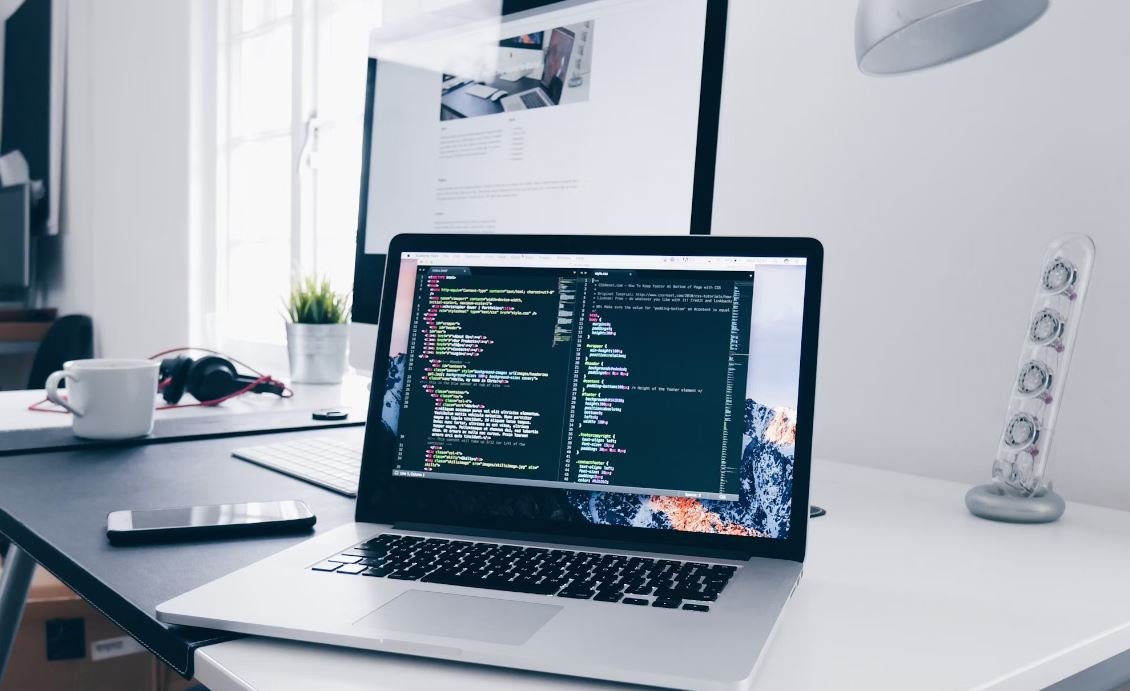AI or Human: Exploring the Differences
Artificial Intelligence (AI) has been revolutionizing various industries, including healthcare, finance, and technology. However, as AI becomes more prevalent, a question arises: Should we rely on AI or trust the expertise of humans? This article explores the key differences between AI and humans, helping you understand their strengths and limitations.
Key Takeaways:
- AI and humans possess unique abilities and skills.
- AI excels in data processing and analysis.
- Humans possess emotional intelligence and intuition.
- A balanced approach combining AI and human expertise yields optimal results.
AI vs. Human: The Debate
**Artificial Intelligence**, as the name suggests, refers to the development of intelligent computer systems that can perform tasks typically requiring human intelligence. With the advancements in machine learning, natural language processing, and robotics, AI can automate complex processes and make data-driven decisions. While AI can analyze huge volumes of data quickly, it lacks the ability to take into account **emotions** and make subjective judgments, which humans excel at.
**Humans**, on the other hand, possess a wide range of skills that AI cannot replicate. Emotional intelligence, creativity, and intuition are invaluable human traits that enhance decision-making processes. Unlike AI, humans can adapt to changing circumstances and unstructured data, making them more versatile and adaptable. However, humans can be influenced by biases and may not be as efficient as AI when it comes to processing large amounts of data.
AI vs. Human: A Comparative Analysis
| AI | Human | |
|---|---|---|
| Data Processing | AI systems can process and analyze vast amounts of data quickly. | Humans have limitations in data processing due to cognitive and time constraints. |
| Subjectivity | AI lacks subjective judgment and emotional response, making its decisions objective but potentially overlooking important nuances. | Humans can incorporate subjective judgment and emotions into decision-making processes, considering the context and holistic understanding. |
| AI | Human | |
|---|---|---|
| Learning Speed | AI algorithms can process and learn from vast amounts of data at an accelerated pace. | Humans require time and repeated exposure to improve skills and expand knowledge. |
| Adaptability | AI systems can be easily reprogrammed to adapt to new inputs and tasks. | Humans have built-in adaptability to understand and respond to ever-changing situations. |
| AI | Human | |
|---|---|---|
| Mistakes and Bias | AI can make mistakes due to limited data availability, biased training data, or technical errors. | Humans are prone to biases and errors, which may affect decision-making. |
| Creativity and Innovation | AI limitations exist in generating original ideas and thinking creatively. | Humans are capable of creative problem-solving and thinking outside the box. |
A Balanced Approach: AI and Human Collaboration
While AI systems offer speed and accuracy in data analysis, their lack of emotional intelligence and subjective judgment can hinder decision-making processes. Conversely, humans may struggle with processing large datasets efficiently, potentially introducing biases. Combining the strengths of both AI and humans brings about a balanced approach to decision-making, where AI assists in data processing and provides objective insights, while humans provide context and subjective analysis.
*Interestingly*, studies have shown that human/AI collaboration leads to improved decision-making and productivity in various domains, ranging from healthcare to finance. By delegating the data-heavy tasks to AI, humans can focus on critical thinking, creativity, and applying ethical considerations. Ultimately, this collaborative approach enables optimal results by harnessing the strengths of both AI and humans.
Embracing the potential of AI while acknowledging the irreplaceable value of human expertise and intuition offers the best approach to problem-solving and decision-making. AI is a powerful tool, but it is most effective when combined with human intelligence and emotional understanding. By striking an optimal balance, we can leverage technology to its fullest potential while fully utilizing our human capabilities.

Common Misconceptions
AI vs Human
There are several common misconceptions people have when it comes to comparing artificial intelligence (AI) and human capabilities.
- AI can completely replace humans in all tasks.
- Humans are always superior to AI in problem-solving.
- AI will lead to unemployment and job loss.
Superhuman AI Abilities
Another misconception is that AI possesses superhuman abilities and is destined to surpass human intelligence in all aspects.
- AI is infallible and error-free.
- AI can easily do anything a human can do, but better.
- AI poses a potential existential threat to humanity.
AI-Enabled Robots
Many people also assume that AI-enabled robots are indistinguishable from humans and can perform all human tasks flawlessly.
- AI-enabled robots can fully replicate human emotions and consciousness.
- AI robots are as intelligent as humans in every aspect.
- AI robots will soon possess human-like creativity and intuition.
Limited AI Understanding
One common misconception is that AI understands the world and societal dynamics as humans do.
- AI has complete understanding of human values and morals.
- AI can fully comprehend complex human emotions and behaviors.
- AI can make ethical decisions with the same level of judgement as humans.
Unpredictable AI Development
Lastly, there is a misconception that AI development follows a predetermined path and can be easily predicted.
- AI progress will always be linear and predictable.
- AI will meet all expectations and predictions set by experts.
- AI development will reach its peak within a specific timeframe.

In today’s evolving world, the realm of creativity has become a battleground where humans and Artificial Intelligence (AI) compete to express their innovative capabilities. This article examines various aspects of creativity and explores the fascinating outcomes arising from the rivalry between humans and AI. Ten captivating tables are presented below, showcasing both sides’ achievements and highlighting the significance of this ongoing competition.
1. AI-Generated Art: Masterpieces Unleashed
Revel in the mesmerizing works of art created by AI algorithms, challenging the boundaries of human creativity. These digital masterpieces have captivated audiences worldwide, proving that AI is capable of producing aesthetically pleasing and thought-provoking compositions.
2. Award-Winning Human Artists: Brushstrokes of Brilliance
Embrace the extraordinary talent possessed by human artists who, through their innate creativity and skill, have garnered prestigious awards and international recognition. Their unique perspectives and emotional depth continue to inspire and connect with audiences on a profound level.
3. AI-Composed Music: Harmonies Beyond Imagination
Delve into the realm of AI-generated music that effortlessly combines melodies, harmonies, and rhythms to create captivating compositions. These computer-generated musical pieces showcase the incredible potential of AI to explore new genres and push the boundaries of our auditory experiences.
4. Human Musical Prodigies: Melodies of Genius
Uncover the mesmerizing talents of virtuoso musicians whose exceptional abilities have enraptured audiences throughout history. Their innate understanding of music theory, emotional expression, and instrumental mastery illustrate the unparalleled capabilities of human creativity.
5. AI-Authored Literature: Tales from Binary Minds
Immerse yourself in AI-authored literature that transcends the traditional boundaries of storytelling, offering new perspectives and engaging narratives. These thought-provoking works challenge the notion of human exclusivity in the realm of literature.
6. Renowned Human Authors: Words that Resonate
Discover the literary genius of renowned human authors, whose timeless works have shaped cultures and provoked profound reflections on the human condition. Their ability to create compelling stories and convey complex emotions showcases the depth and power of human imagination.
7. AI-Driven Innovation: Transforming Industries
Witness the disruptive impact of AI technologies across various industries, revolutionizing processes, and driving efficiencies. From healthcare to finance, AI is ushering in a new era of innovation and changing the way we approach complex problems.
8. Human Ingenuity: A Legacy of Advancement
Acknowledge the remarkable achievements of human inventors and innovators, whose ingenuity has shaped the world we inhabit today. From the light bulb to space exploration, human creative thinking has continually pushed the boundaries of what is possible.
9. AI-Assisted Creativity: Humans and Machines Collaborating
Explore the realm of collaborative creativity, where humans and AI algorithms work hand in hand to create awe-inspiring outcomes. Through this synergy, the unique strengths of each side complement and enhance the creative process, resulting in groundbreaking endeavors.
10. The Inevitable Symbiosis: A New Era Emerges
With both AI and human creativity reaching unparalleled heights, we stand on the cusp of a new era, where collaboration and coexistence will define our creative landscape. As AI continues to evolve, augmenting human capabilities, the boundaries of creativity will be pushed beyond what we can currently fathom.
In conclusion, the ongoing battle between AI and human creativity serves as a testament to the astonishing possibilities that emerge when technology and human ingenuity converge. While AI exhibits remarkable aptitude in generating stunning art, music, literature, and innovation, human creativity remains irreplaceable, providing a depth of emotion, experience, and imagination that continues to captivate and inspire. As we enter this new era of collaborative creativity, we can anticipate groundbreaking achievements that will redefine our understanding of what it means to be creative.
Frequently Asked Questions
1. What is artificial intelligence (AI)?
Artificial intelligence (AI) refers to the creation of intelligent machines that can perform tasks that would typically require human intelligence. These tasks may include problem-solving, learning, reasoning, and decision-making.
2. How does AI differ from human intelligence?
AI differs from human intelligence in several ways. While humans possess emotional intelligence, creativity, and a deeper understanding of social contexts, AI typically focuses on performing specific tasks based on algorithms and data analysis.
3. In what fields is AI currently being used?
AI is being utilized in various fields such as healthcare, finance, transportation, manufacturing, customer service, and even entertainment. It is employed in medical diagnosis, fraud detection, autonomous vehicles, robotics, virtual assistants, and many more applications.
4. Can AI completely replace human workers?
While AI has the potential to automate certain tasks, it is unlikely to replace humans entirely. AI systems can assist and augment human capabilities, but they are not capable of replicating the entirety of human intellect, creativity, and emotional connection.
5. What are the ethical considerations surrounding AI?
Ethical considerations in AI include issues such as data privacy, algorithmic bias, job displacement, and the potential misuse of AI technologies. It is important to ensure that AI systems are fair, transparent, and accountable while respecting individual rights and protecting against unintended consequences.
6. Are there risks associated with AI development?
Yes, there are potential risks associated with AI development. These may include unintended consequences or biases in AI decision-making, over-reliance on AI systems, and the impact on employment and socioeconomic inequality. Responsible development and regulation can help mitigate these risks.
7. How can AI and humans work together?
AI and humans can work together in a collaborative manner. AI systems can handle repetitive or time-consuming tasks, while humans can focus on higher-level decision-making, creativity, and interpersonal interactions. This combined approach can lead to increased efficiency and productivity.
8. How can AI benefit society?
AI has the potential to benefit society in various ways. It can improve healthcare outcomes, enhance transportation systems, optimize energy consumption, revolutionize manufacturing processes, provide personalized recommendations, and contribute to scientific advancements, among other applications.
9. How can one get started in studying or working with AI?
To get started in studying or working with AI, one can pursue academic programs or online courses in artificial intelligence, machine learning, or data science. Additionally, exploring open-source AI frameworks and participating in coding competitions or AI-focused projects can provide practical experience.
10. Will AI ever surpass human intelligence?
There is ongoing debate among experts about whether AI will surpass human intelligence in the future. While AI has made significant advancements, achieving a level of intelligence comparable to human consciousness remains uncertain. Continued research and development will shape the future of AI’s capabilities.




